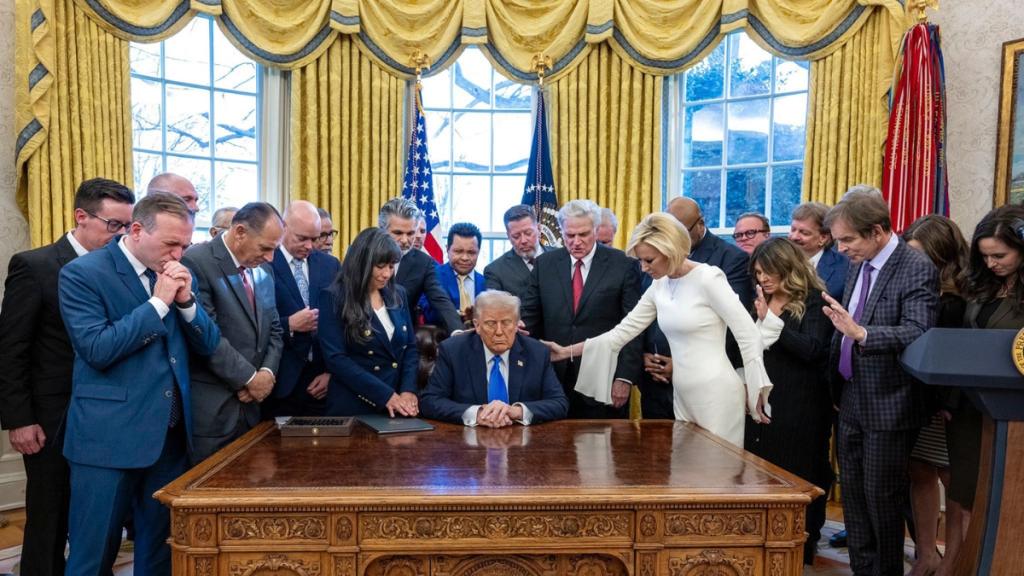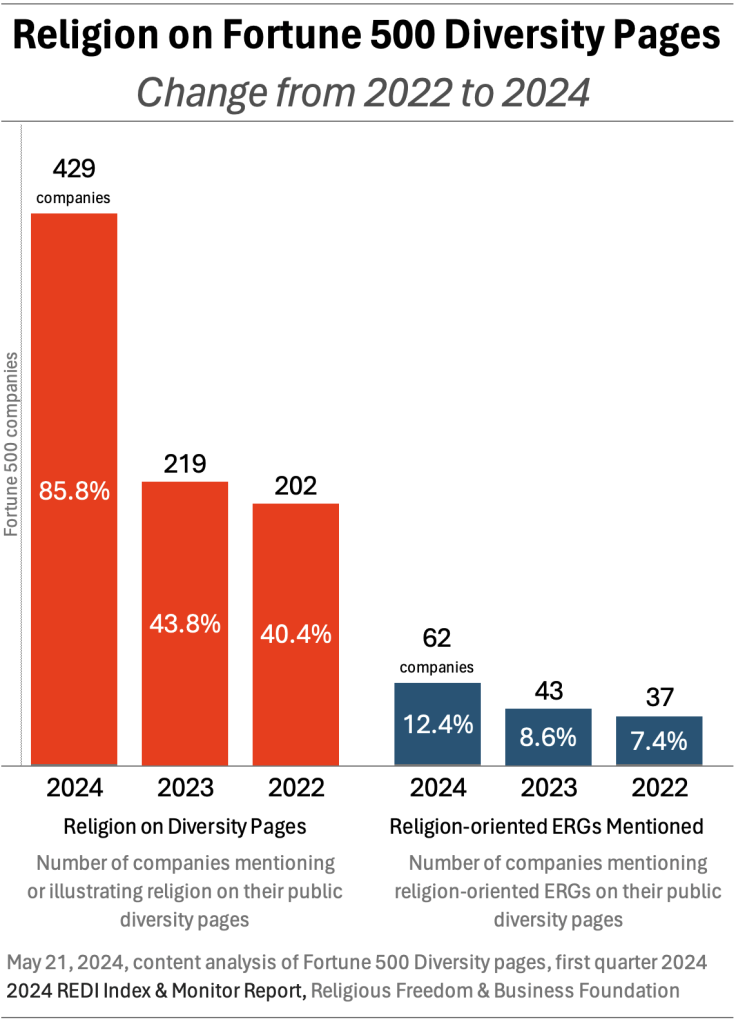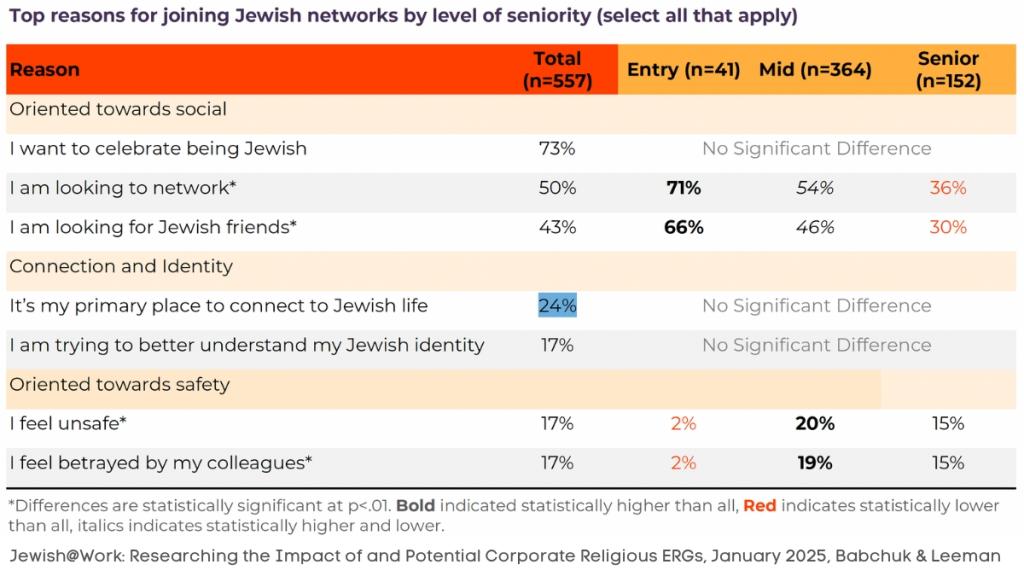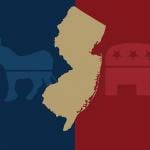
Why is the Administration Cancelling Religion?
The Trump administration is eliminating Diversity, Equality, and Inclusion (DEI) programs from government agencies. DEI critics have a point. They contend that DEI initiatives sometimes emphasize superficial diversity over merit, resulting in hiring and promotions that prioritize identity over qualifications.
At the same time, President Donald Trump set up a White House Faith Office. The office is charged with protecting communities of faith. This includes identifying “any failures of the executive branch to enforce constitutional and Federal statutory protections for religious liberty.”
Don’t Throw the Religious Baby Out With the DEI Bathwater
One failure in protecting religious liberty is the unintended religious consequences of eliminating DEI. As Federal agencies ended their DEI programs, it also killed many faith-based programs for government employees that were facilitated by DEI. Programs being canceled that I have personal contact with range from Spring Break outreach trips to underserved communities by the U.S. Naval Academy Gospel Choir to employee resource groups (ERGs) in government agencies such as the U.S. Department of State. DEI made such programs possible. Now they are canceled.
View this post on Instagram
Almost every Federal agency has faith-based employee organizations. Not only do these official faith organizations build religious freedom in Federal workplaces, they inform and impact religious freedom worldwide. For example, last year I trained personnel at the U.S. Embassy and all U.S. missions in the People’s Republic of China on how to build religious freedom through faith-and-belief friendly workplace policies and initiatives. This was facilitated by a member of the now-disbanded State Department Christian Group, Grace (see charter).
Grace was not only a support for Christians at State. Grace also helped form JAD (Jewish Americans in Diplomacy) and AMFAS (American Muslims and Friends At State). Grace built religious freedom for others. These same State Department faith groups asked Fortune 500 companies to do the same at our annual Fortune 500 Faith@Work ERG conference.
Beyond the government, Fortune 500 companies are taking note of the Administration’s cancellation of DEI and the unintended outcome of canceling religion initiatives across the government. More than a few corporations are feeling pressure to throw the religious baby out with the DEI bathwater.
This is a shame because, as our annual REDI Monitor report on corporate inclusion of religion shows, last year a record number of the U.S. Fortune 500 found religion (see chart).
Corporate re-think on this is not only bad for religion and religious freedom, it is bad for business bottom lines. Let me explain.
Why Religious Freedom is Advanced by Faith-Based Employee Resource Groups and Faith-Friendly Workplace Initiatives
In today’s increasingly diverse workforce, religious freedom is a key component of fostering an inclusive and respectful work environment. Faith-based employee resource groups (ERGs) and other faith-friendly workplace initiatives serve as essential mechanisms for supporting religious expression, promoting mutual understanding, and ensuring that employees of all faiths—and those without religious beliefs—feel valued and respected.
These initiatives not only enhance workplace culture but also align with broader principles of DEI that give support for all people to find belonging in their companies. For example, many American workers find that faith-based ERGs are the primary place they find religious fellowship. A new national study of Jewish workers finds that for 24%, their company’s ERG is their primary connection to Jewish life (see chart). This is a powerful testament to the role these groups play in fostering identity and belonging.
Promoting Religious Expression and Inclusivity
Faith-based ERGs provide employees with a space to express their beliefs openly and connect with colleagues who share similar values. These groups help break down barriers, allowing individuals to celebrate religious holidays, discuss faith-related topics, and engage in activities that enrich their professional and personal lives. By encouraging religious expression, employers signal their commitment to an inclusive culture where diverse perspectives—including those shaped by faith—are acknowledged and respected.
Encouraging Dialogue and Mutual Understanding
One of the significant benefits of faith-friendly workplace initiatives is their ability to foster interfaith dialogue and understanding among employees from different backgrounds. When employees are exposed to diverse religious viewpoints in a respectful and educational setting, they develop empathy and cultural awareness, leading to stronger team cohesion and collaboration. Encouraging open discussions about faith-related topics helps dispel misconceptions and reduces potential conflicts rooted in religious misunderstandings.
Enhancing Employee Engagement and Well-being
A faith-friendly workplace positively impacts employee engagement and overall well-being. Employees who feel free to practice their religion at work often experience greater job satisfaction and a stronger sense of belonging. Recognizing and accommodating religious needs—such as providing prayer rooms, dietary accommodations, and flexible scheduling for religious observances—demonstrates that an employer values their workforce beyond just professional contributions.
Aligning with Corporate Social Responsibility and Legal Protections
Many companies prioritize corporate social responsibility (CSR) as a way to foster ethical business practices. Supporting religious freedom through workplace initiatives aligns with CSR efforts by promoting respect for human rights and workplace diversity. Additionally, these initiatives help employers comply with legal protections surrounding religious expression and accommodation in the workplace. In the U.S., Title VII of the Civil Rights Act prohibits discrimination based on religion and requires reasonable accommodations for employees’ religious practices, making faith-friendly policies both a moral and legal imperative.
Attracting and Retaining a Diverse Workforce
A company’s commitment to religious inclusivity can be a deciding factor for prospective employees seeking a workplace that respects their beliefs. In a competitive job market, organizations that actively promote religious freedom and inclusivity are better positioned to attract and retain talent from diverse backgrounds. Faith-based ERGs and other initiatives demonstrate that a company values its employees’ full identities, leading to higher retention rates and a more engaged workforce.
Conclusion
Religious freedom is not just a fundamental right—it is also a driver of workplace harmony and productivity. By implementing faith-based ERGs and other faith-friendly initiatives, employers create an environment where employees feel empowered to express their beliefs, collaborate across differences, and contribute to a culture of respect and understanding. These efforts ultimately benefit not only individual employees but also the organization as a whole, fostering innovation, engagement, and long-term success in an increasingly diverse world.
America’s success is in no small part thanks to the active contributions of religions. In fact, religion annually contributes nearly $1.2 trillion of socio-economic value to the U.S. economy. That is equivalent to being the world’s 15th largest national economy, putting it ahead of about 180 other countries. This Administration’s America First agenda would do well to revisit policies that are undermining this unique strength of America’s treasury.















